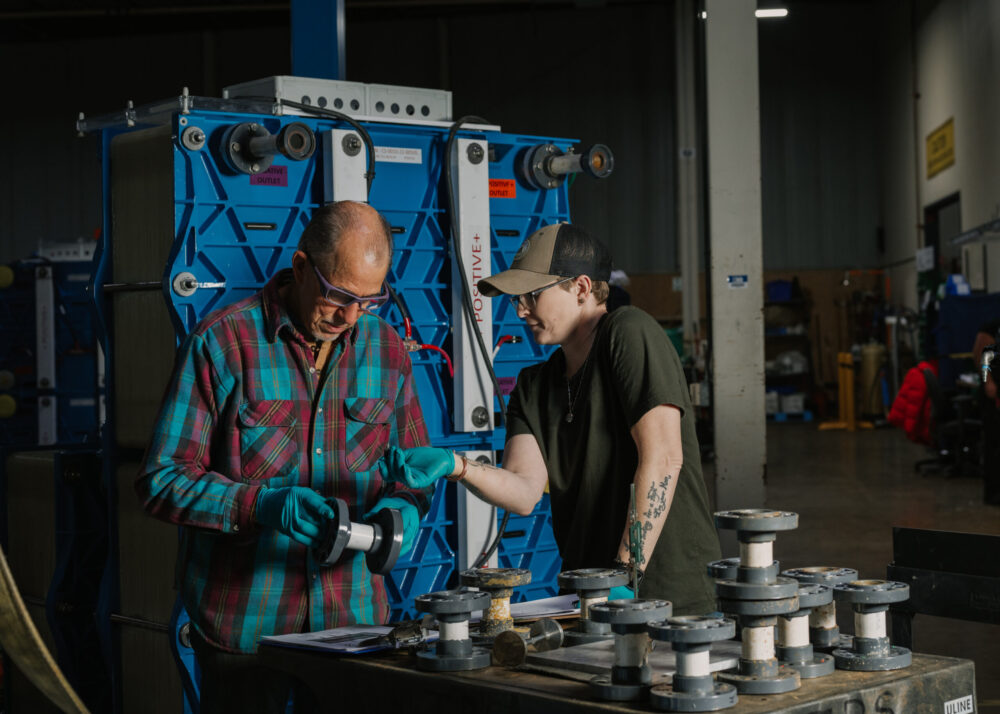By Chris Montgomery, VP Integrated Supply Chain
As governments worldwide work to wean the economy off fossil fuels, lithium has become a controversial component of the clean energy transition. Sometimes called the new oil, this critical mineral is at the core of rechargeable batteries currently being deployed to electrify transportation and store renewable energy. But much like actual oil, the supply chain for lithium-ion batteries exposes buyers to reputational and economic risks — especially for companies with commitments to ESG and corporate responsibility.
Lithium mining operations, wherever they are located, can cause negative environmental impacts and be harmful to surrounding communities. As governments, companies and other organizations double down on their sustainability and decarbonization efforts, it’s paramount that more sustainable battery alternatives are deployed.
Leaves Communities High and Dry
While the extraction ponds of South America’s Lithium Triangle — a mineral-rich part of the Andes spanning the borders of Chile, Argentina and Bolivia — have brought considerable wealth to the region, their impact on groundwater levels has devastated local communities. These ponds operate throughout arid salt flats and require an intensive refining process that uses 2.2 million liters of water per ton of production. This inevitably fosters significant tension between local communities — like the agricultural community of Toconao in Northern Chile — and water-intensive lithium miners as resources dry up.
Provided by Forced Labor
China, which produces more than three-quarters of the world’s lithium-ion batteries, has repeatedly been linked to forced labor practices, posing a stark ethical dilemma for electrification efforts. The sourcing of cobalt — another integral element in the lithium-ion value chain — has also been found to rely upon child labor throughout the Democratic Republic of Congo.
Endangers Indigenous Communities
In addition to water resource demands and labor concerns, local populations — disproportionately Indigenous — also suffer from the impacts of toxic chemical leaks, air pollution and effluent discharges. In Indonesia, the mining of nickel, another important metal for lithium-ion batteries, causes pollution that kills fish and vegetation and makes rivers non-potable. The large-scale impact on crucial natural resources threatens the very livelihood and survival of many Indigenous communities.
Iron Flow Batteries: The Ethical Alternative
ESS’ long-duration energy storage systems avoid problematic minerals like lithium, nickel and cobalt. With technology based on earth-abundant and safe ingredients – primarily iron, salt and water – the ESS value chain benefits local communities instead of harming them, delivering hundreds of jobs and millions of dollars in economic benefits across the United States.
With a largely domestic supply chain and manufacturing operations in Wilsonville, Oregon, ESS technology can support the corporate sustainability goals of utilities and other large energy users. ESS Customers can be confident that the supply chain and manufacture of iron flow systems is responsible and ethical from start to finish.

